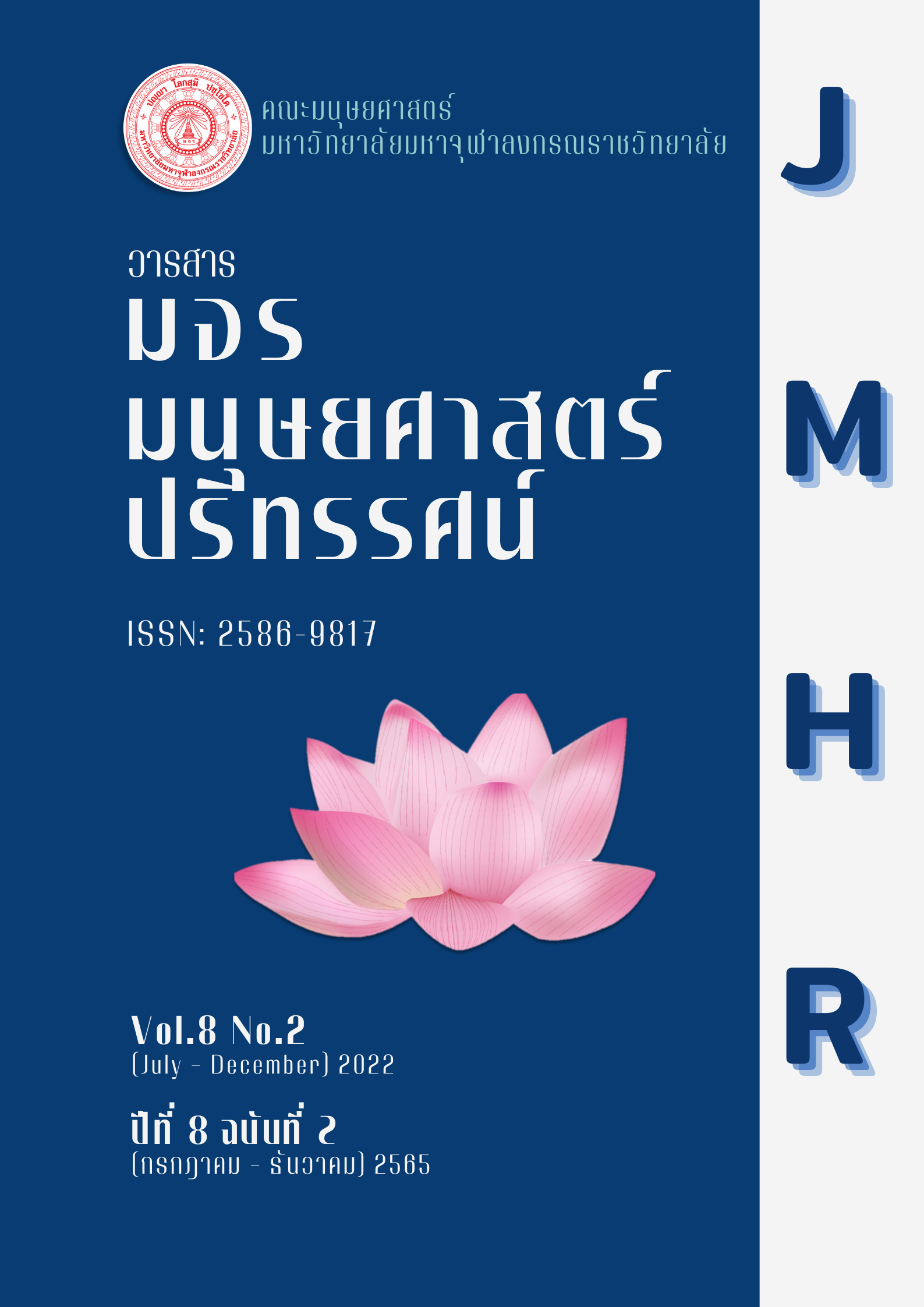The Purposes of Self-Sponsored Digital English Writing of EFL Learners
คำสำคัญ:
-บทคัดย่อ
-
เอกสารอ้างอิง
Banda, F. (2017). Challenges of teaching academic writing skills to students with limited exposure to English (South Africa). Language Teacher Research in Africa, Makalela, Leketi (ed). Va : TESOL.
Bhutada, G. (2021, March 26). Visualizing the most used languages on the internet. Retrieved March 26, 2021, from https://www.visualcapitalist.com/the-most-used-languages-on-the-internet/
Boonsuk, Y. & Ambele, E. (2021). The Development and Changing Roles in Thai ELT Classrooms: From English to Englishes. Bangkok : Thammasat Printing House.
Emig, J. (1971). The composting processes of twelfth graders. Urbana, IL: National Council of Teacher of English.
Galvin, S., & Greenhow, C. (2019). Writing on social media: a review of research in the high school classroom. TechTrends, 64(1), 57-69.
Greenhow, C., & Galvin, S. (2020). Teaching with social media: evidence-based strategies for making remote higher education less remote. Information and Learning Science, 121 (7/8), 513-524. DOI:10.1108/ILS-04-2020-0138
Kong-in, W. (2015). The perceptions of Thai EFL students towards English linguistic imperialism in Facebook context. Journal of Language and Linguistics, 34(1), 94-112.
Rosinski, P. (2017). Students’ perceptions of the transfer of rhetorical knowledge between digital self-sponsored writing and academic writing: The importance of authentic contexts and reflection in Critical Transitions: Writing and the Question of Transfer, edited by Chris M. Anson and Jessie L. Moore, UP of Colorado, 2017, pp. 247-271.
Sonkaew, T. (2018). Thai’s writing in English on Facebook: Language choice and perceptions of multilingual writing. (Doctoral thesis). University of Southampton.
Srisa-ard, B. (2010). Introduction to researching (8th ed.). Bangkok: Suweeriyasarn.
Yi, Y., & Hirvela, A. (2010). Technology and “self-sponsored” writing: A case study of a Korean-American adolescent. Computers and omposition, 27(2010), 94-111.

ดาวน์โหลด
เผยแพร่แล้ว
รูปแบบการอ้างอิง
ฉบับ
ประเภทบทความ
สัญญาอนุญาต
ลิขสิทธิ์ (c) 2022 วารสาร มจร มนุษยศาสตร์ปริทรรศน์

อนุญาตภายใต้เงื่อนไข Creative Commons Attribution-NonCommercial-NoDerivatives 4.0 International License.





